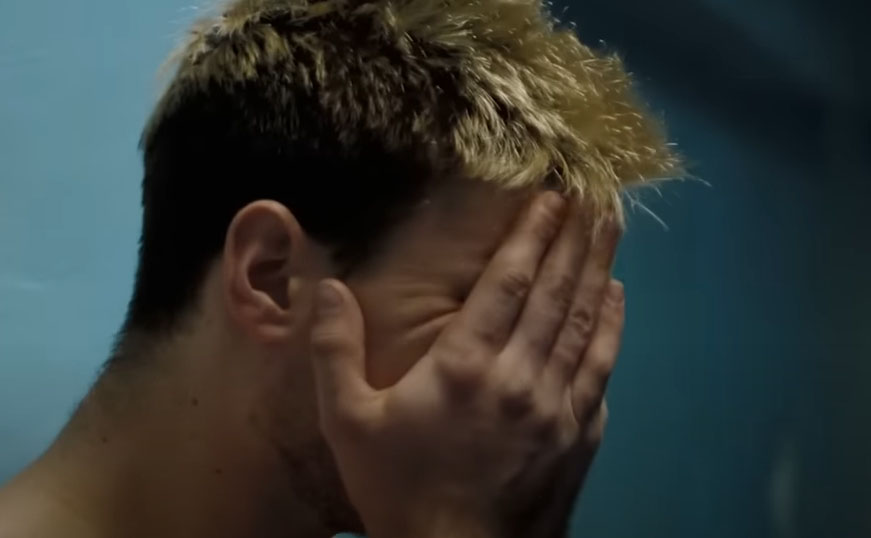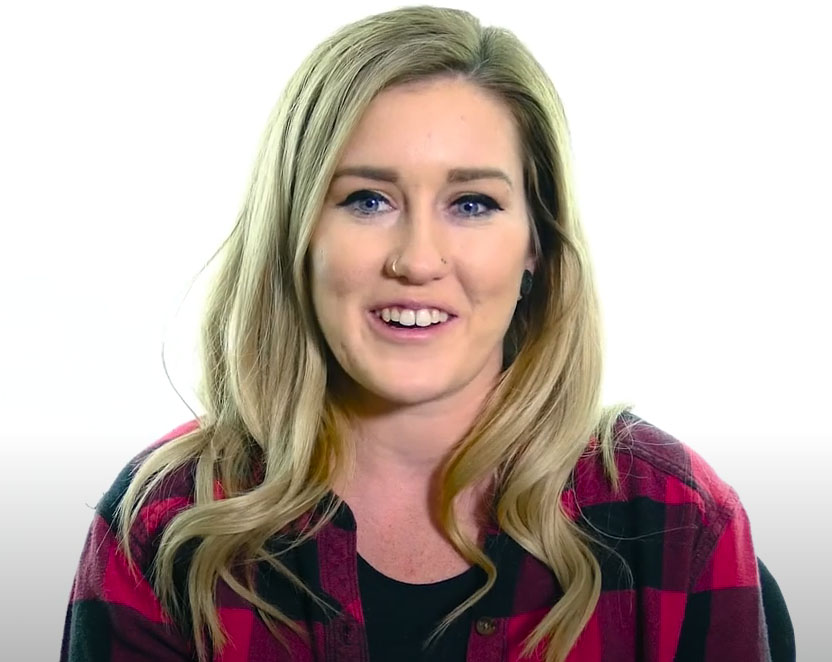
The misuse and abuse of oxycodone in the state of Virginia has become a significant concern, necessitating effective addiction treatment. Oxycodone use without proper medical guidance or prescriptions can quickly lead to addiction, requiring specialized care and support.
This article, titled 'Breaking Free: Overcoming Oxycodone Addiction in Virginia,' delves into the importance of seeking treatment for oxycodone addiction, discussing withdrawal symptoms, the role of support groups and aftercare, and the availability of resources to aid in recovery.
Oxycodone addiction is a serious issue plaguing many individuals in Virginia, and it is crucial to understand the treatment options available to overcome this addiction. This article aims to provide an empathetic, knowledgeable, and informative perspective on the journey of overcoming oxycodone addiction in Virginia.
It will explore the withdrawal and recovery process, shedding light on the challenges individuals may face during this journey. Additionally, the article will highlight the importance of seeking professional help in order to address the complex physical and psychological aspects of oxycodone addiction.
Through a comprehensive examination of treatment options, this article aims to equip readers with the necessary information to make informed decisions about their path to recovery.
Treatment options for oxycodone addiction in Virginia include counseling, medical treatment, and residential drug and alcohol treatment, which can help individuals overcome their addiction and prevent the transition to heroin addiction.
Counseling is a popular form of treatment for addiction, as it provides individuals with a safe space to explore the underlying causes of their addiction and develop coping mechanisms to resist cravings and avoid relapse. Through counseling, individuals can also receive support and guidance from trained professionals who specialize in addiction treatment.
In addition to counseling, medical treatment is often necessary for individuals struggling with oxycodone addiction. Medications such as methadone, buprenorphine, and naltrexone are commonly used to help manage withdrawal symptoms and reduce cravings. These medications can be prescribed and monitored by healthcare professionals to ensure their safe and effective use in the recovery process. Medical treatment, combined with behavioral therapy, can greatly increase the chances of successful recovery from oxycodone addiction.
Residential drug and alcohol treatment programs are also crucial for individuals seeking to overcome oxycodone addiction. These programs provide a structured and supportive environment where individuals can focus solely on their recovery without the distractions and triggers of their everyday life. In residential treatment, individuals have access to a wide range of therapeutic interventions, including individual and group therapy, alternative therapies such as art or music therapy, and support systems that can help them build a strong foundation for lasting recovery.
Overall, the treatment options available for oxycodone addiction in Virginia encompass counseling, medical treatment, and residential drug and alcohol treatment. These options provide individuals with the necessary tools and support to break free from their addiction and prevent the transition to heroin addiction. By incorporating alternative therapies and support systems, individuals can enhance their recovery journey and achieve long-term sobriety.
Recovery from oxycodone dependence involves a gradual process of physical and psychological adjustment, which includes coping with withdrawal symptoms and addressing underlying issues contributing to addiction. When individuals stop using oxycodone, they may experience a range of withdrawal symptoms such as mood changes, sleep disturbances, and recurring pain.
These symptoms can be distressing and challenging to manage, but there are coping strategies that can help individuals navigate through this phase of recovery.
Overall, the withdrawal and recovery process from oxycodone addiction can be challenging, but with the right coping strategies and support systems in place, individuals can successfully overcome their dependence. It is important to remember that recovery is a unique journey for each individual, and patience and perseverance are key. With the right tools and resources, individuals can break free from the grip of oxycodone addiction and lead fulfilling, drug-free lives.
Quitting substance abuse cold turkey can be dangerous. Learn how to safely detox - and make it last - by reaching out. All calls are 100% free and confidential.
(434) 261-1324Engaging in professional assistance can significantly enhance the effectiveness of the recovery process for individuals struggling with oxycodone dependence. Seeking professional help is crucial for several reasons.
Firstly, therapy provides a safe and supportive environment where individuals can address the underlying issues that contribute to their addiction. Through individual counseling sessions, individuals can explore the emotional, psychological, and social factors that may have led to their oxycodone dependence. Therapists can help individuals develop coping strategies and healthier behaviors to replace drug use.
Group therapy is another important aspect of professional help. It provides a space for individuals to connect with others who are going through similar experiences. Sharing stories, insights, and challenges with peers can foster a sense of belonging and reduce feelings of isolation. Additionally, group therapy offers an opportunity for individuals to learn from each other and gain valuable support as they navigate the recovery process.
Support systems for recovery are also essential in overcoming oxycodone addiction. Professional treatment centers often provide access to a variety of support resources. This can include support group meetings, such as Narcotics Anonymous, where individuals can share their struggles and successes with others who understand firsthand what they are going through. Support from family and loved ones is also crucial. Encouraging loved ones to attend support group meetings and actively participate in the recovery process can provide a strong foundation for long-term sobriety.
Additionally, aftercare programs offered by treatment centers can help individuals transition back into their daily lives while still receiving support and guidance. These programs may include ongoing therapy, relapse prevention strategies, and resources to help individuals maintain their sobriety. Overall, the importance of professional help cannot be overstated. Therapy and support systems can provide individuals with the tools, knowledge, and support they need to successfully overcome oxycodone addiction and maintain a healthier, drug-free life.

The long-term effects of oxycodone addiction can be devastating, including physical and mental health deterioration, strained relationships, and financial struggles. However, with the right recovery support, individuals can regain their health, rebuild their lives, and find hope for a brighter future.
Alternative medications such as clonidine and gabapentin are commonly used to help manage oxycodone withdrawal symptoms. Additionally, natural remedies like acupuncture and mindfulness techniques can provide additional support during the recovery process.
Supporting loved ones in recovery from oxycodone addiction is crucial. Open communication is vital for understanding their needs and providing emotional support. For example, regularly attending support group meetings together can strengthen the bond and foster a sense of community.
The risks of attempting to detox from oxycodone without medical supervision include severe withdrawal symptoms, potential relapse, and inadequate support for managing cravings and psychological distress. These dangers highlight the importance of seeking professional help for a safe and successful detoxification process.
Support group resources for individuals recovering from oxycodone addiction in Virginia are available. These resources can assist in finding treatment options and provide a supportive community for those seeking recovery.
Quitting substance abuse cold turkey can be dangerous. Learn how to safely detox - and make it last - by reaching out. All calls are 100% free and confidential.
(434) 261-1324
© 2024 Hope Harbor. All Rights Reserved | Sitemap
